Tim here. This week brought us the roll-out of the Venice Film Festival lineup, including one animated film, and it's a biggie. Charlie Kaufman's sophomore directorial work and first project of any kind since 2008, Anomalisa, is also his first foray into animation: it's a stop-motion feature for adults, on the same topics of loneliness and frustration that Kaufman has mined for his whole career. In celebration of the Venice announcement, the studio released the first still image from the movie, from which it is possible to draw no conclusions whatsoever.

Kaufman is the latest in a recent trend of established filmmakers dipping their toes into the world of animation. So in his honor, I'd like to share this capsule history of some of his predecessors, who made the jump into a new medium to see what they could do outside of the confines of live-action.
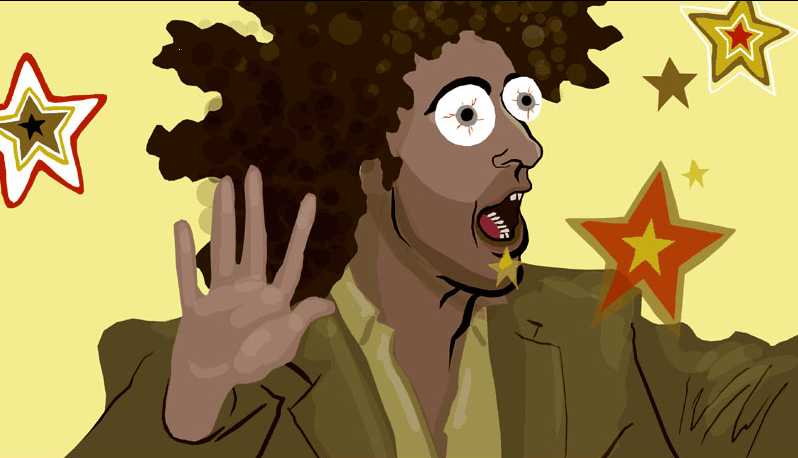
Richard Linklater: Waking Life (2001) & A Scanner Darkly (2006)
Using a brand new form of computer-aided rotoscoping to paint over videotaped footage with bright, unreal colors and subdued realism alike, Waking Life took Linklater's established gift for capturing moments in the lives of a huge ensemble, and amped it up. Instead of the laid-back Austin of Slacker, the setting here is the human subconscious, where the director's characteristic musings on all the little moments that happen in the gaps between plot are transformed into surreal explosions of psychologically loaded imagery. It's a great marriage of form and content, which is less true of A Scanner Darkly, a Philip K. Dick adaptation that's much more consistent and sober in its style, save for a few reality-bending moments. Still, kudos to Linklater for recognizing that a thin veneer of digitally heightened reality would create a more receptive mood for the story's druggy weirdness.
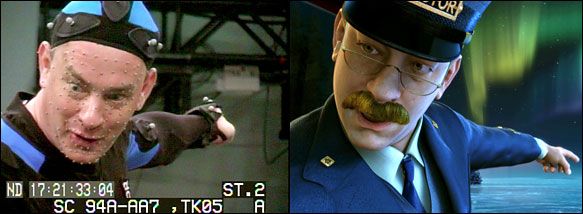
Robert Zemeckis: The Polar Express (2004), Beowulf (2007) & A Christmas Carol (2009)
Now that Zemeckis's dream of a perpetual machine of motion-capture films has fizzled out and died- nope, I still can't bring myself to say anything nice about his trilogy of dead-eyed humanoids pantomiming great works of literature, or paying obeisance to their terrifying zombie Santa-god. But we must concede that the films fall squarely in line with Zemeckis's career-wide interest in using the newest tools available (in addition to mo-cap, The Polar Express was the first film in the present 3D era) to find fresh ways into classical storytelling. That technology wasn't up to his ambitions is lamentable, but we can at least defend the films' rich fantasy design and-
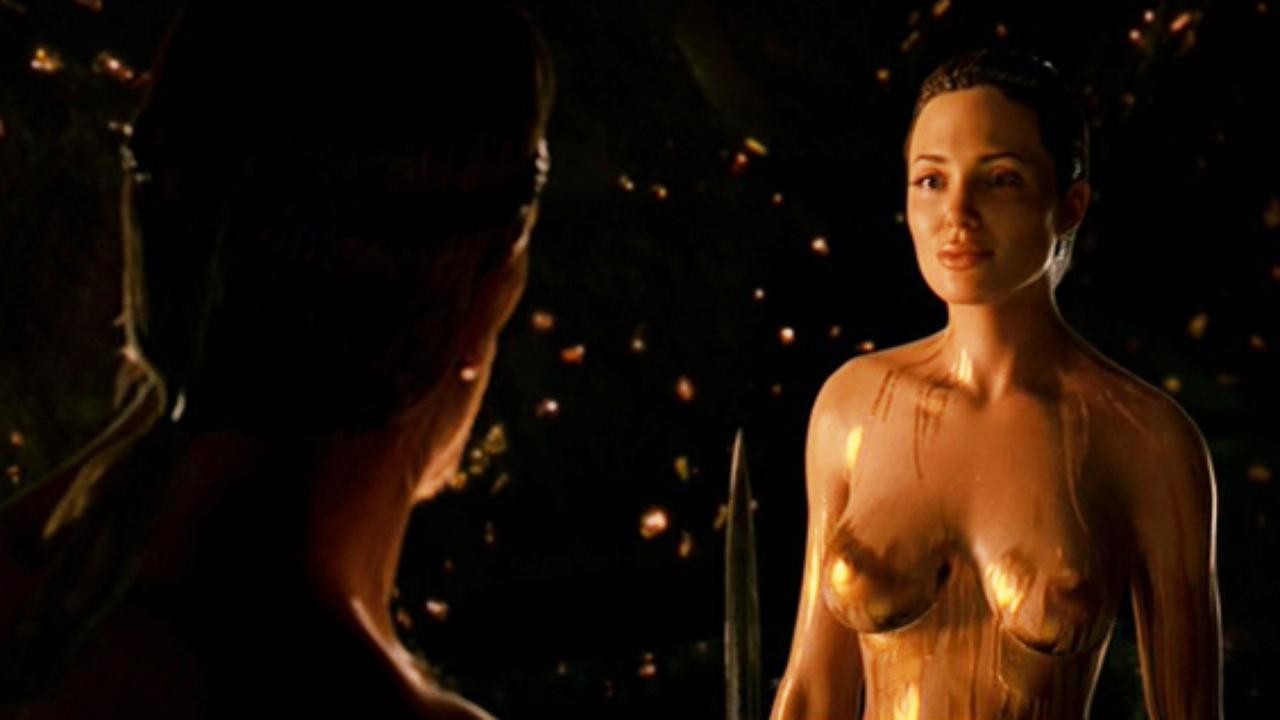
Oh God, no, that's still just completely hideous.
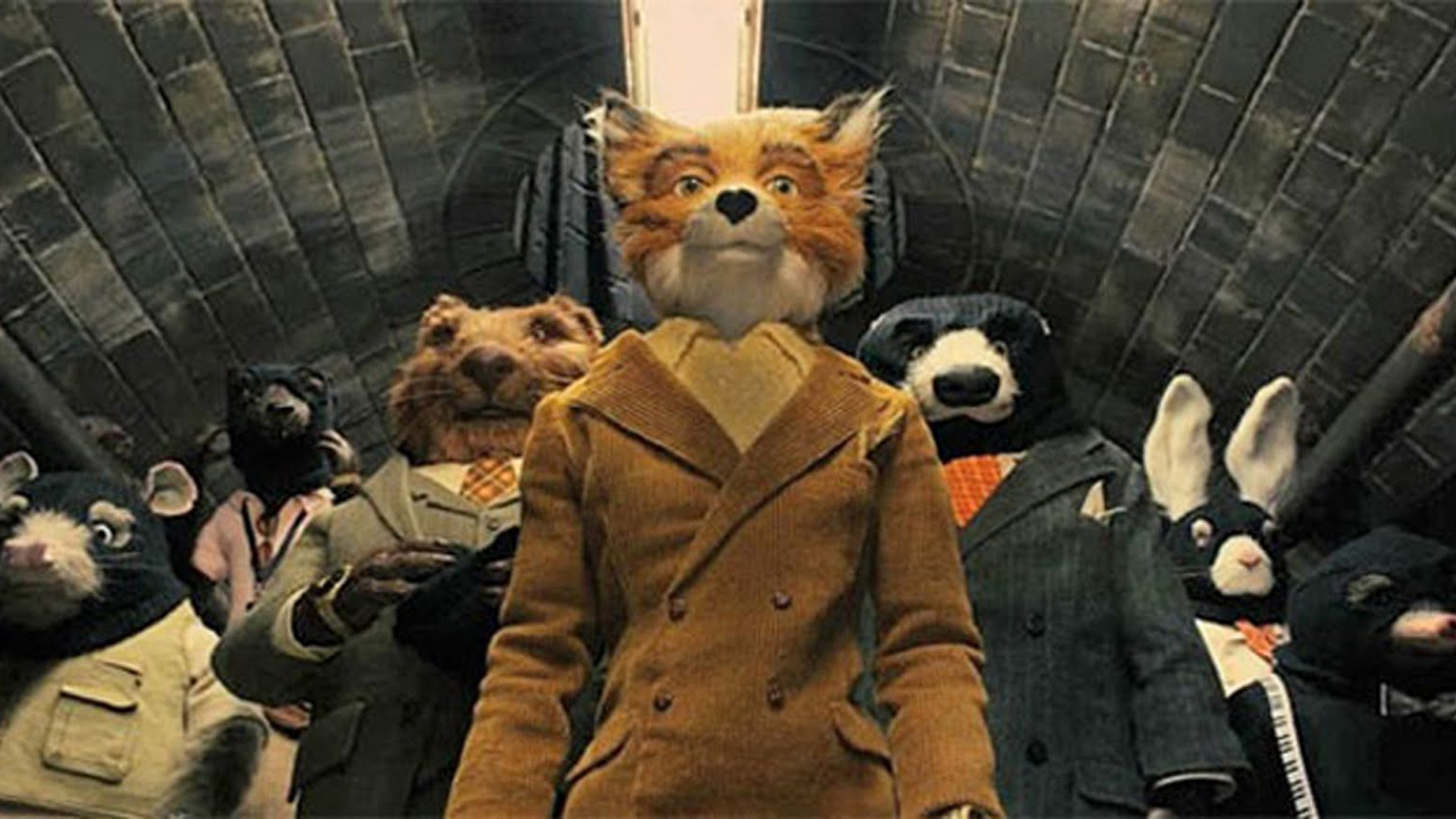
Wes Anderson: Fantastic Mr. Fox (2009)
The clearest precursor to Kaufman's new film, Anderson's translation of his shadow-box aesthetic into shaggy, '70s-style stop motion animation netted him a Best Animated Feature Oscar nomination and rejuvenated his career: his subsequent return to live action in Moonrise Kingdom and The Grand Budapest Hotel won him better reviews and box-office than he'd had for years. Still, there's nothing quite like seeing his world-building turned towards literal dioramas in which every square centimeter can be designed precisely to order. It's fussy as it gets, but perfectly matched to the intricacy of the caper narrative, and the arch tone with which Roald Dahl's children's classic is brought to life.
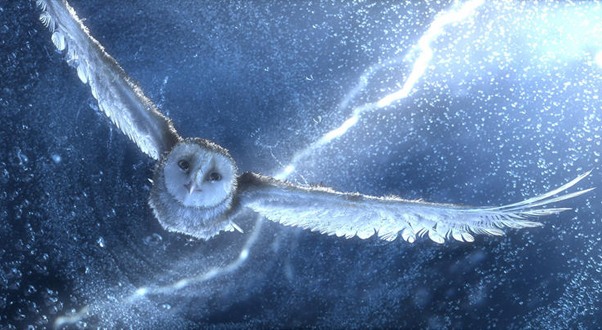
Zack Snyder: The Legend of the Guardians: The Owls of Ga'Hoole (2010)
Copious, unnecessary slow-motion, a preposterous fetish for military grandeur, overblown and idiotic internal mythology, dialogue that strives for weightiness and lands in shallow pomposity. Look, just because somebody's an auteur, that doesn't mean they have to be good at it. But hey, the owls look nice.
 Friday, May 23, 2025 at 1:30PM
Friday, May 23, 2025 at 1:30PM  Between an Oscar, a Silver Bear, and THE SECRET AGENT's sterling reviews, Brazilian cinema is having a moment.
Between an Oscar, a Silver Bear, and THE SECRET AGENT's sterling reviews, Brazilian cinema is having a moment.







